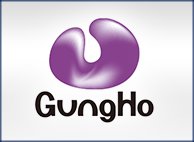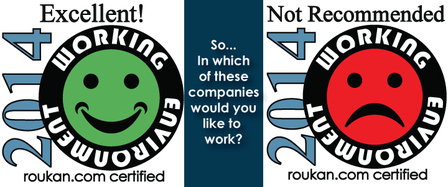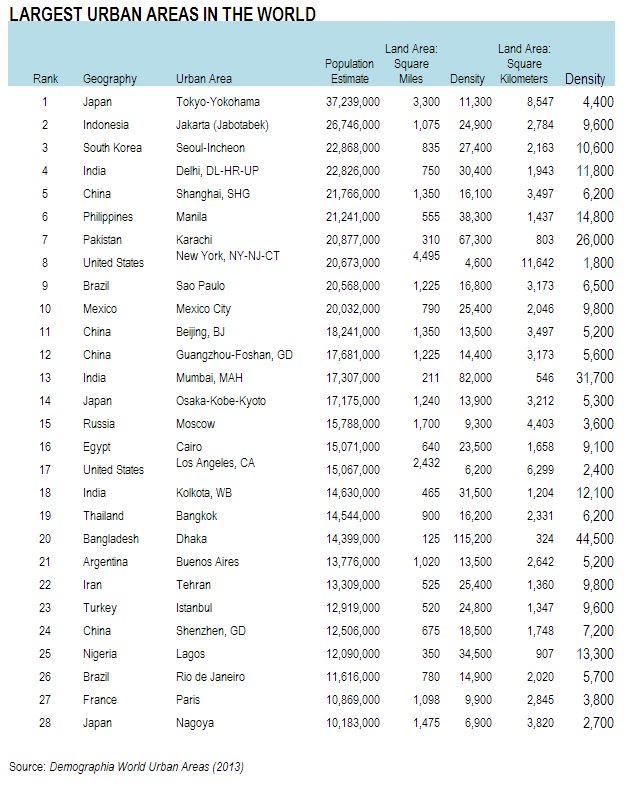We specifically look at:
- The Dynamics, challenges and opportunities within the Japan Gaming market.
- The Japanese domestic game market's history from 10 years ago to today (which is light years ago in gaming years).
- Foreign Game companies and their market entry options and strategies.
- Sustaining operations in Japan.
- Finding Talent / The Talent Wars in Japan.
- Japanese Gaming Firms: The current landscape, launching internationally & going global.









 RSS Feed
RSS Feed

